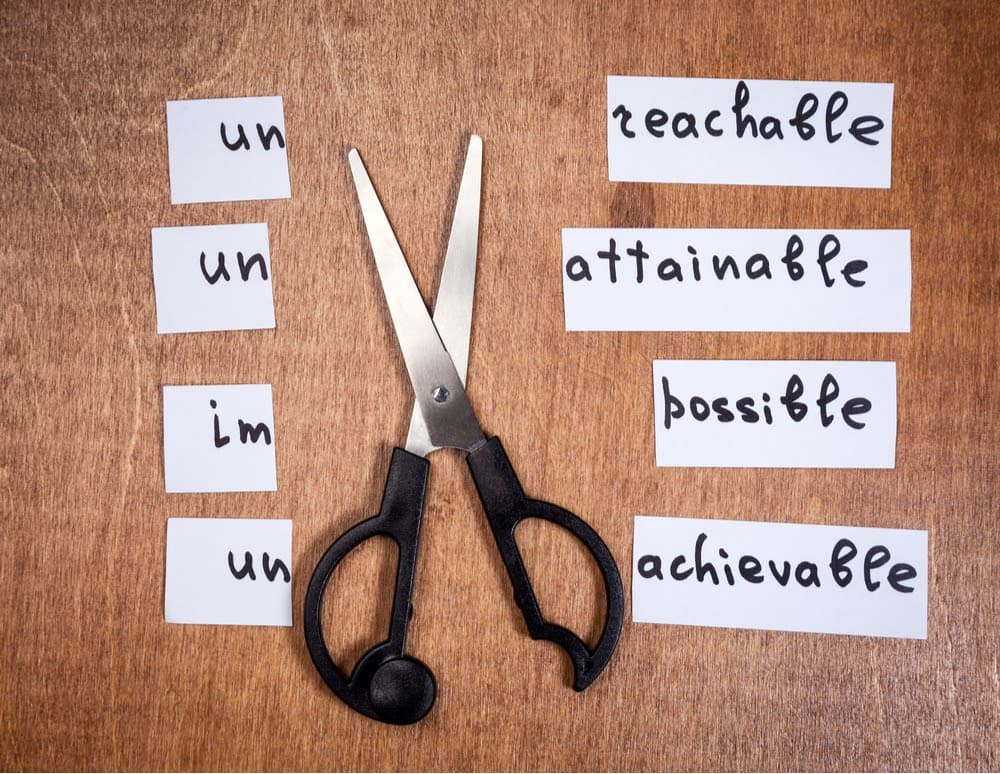Your teen is at it again – acting mouthy, disrespectful, rebellious and struggling in school. So how should you handle it? Some parents tend to overreact by immediately sending their child to military school. But this is not always the best option for a struggling teen. Before you are tempted to make any hasty decisions, consider the following.
Who is a Good Candidate for Military School?
You might wonder just how bad things need to get before you send your child off to military school. If your troubled teen is dealing with at least four of the following issues, military school might be a viable alternative:
- Continued disrespect toward others with no response to correction
- Blatant rebellion against authority
- Low grades
- Refusal to attend school
- Substance abuse issues
- On-going behavioral issues
Even if your child meets the criteria for military school, he or she should be in good physical condition in order to endure the rigorous exercise and work-outs they will face. In addition, if the student does not want to comply with the rules, the school might not accept them. If the school does agree to accept him or her, your child might be expelled at the first sign of defiance.
Even worse, a 2011 report from the Society for Research in Child Development concluded that these types of restrictive settings can sometimes do long-term damage, resulting in acting out, continued criminal activity, depression and thoughts of suicide.
What Are Some Other Options?
Now that you have eliminated military school, what should you do to help your troubled teen? Fortunately, you can choose from several options that might benefit your struggling adolescent and your entire family.
- A Diversion Program – Primarily for teens who are dabbling in drug-related activities, a diversion program works with juvenile authorities, law enforcement, the courts and community members to divert the teen’s attention to an activity that will hold their interest. Mentors might work with the participants and help with tutoring or teach them about goal setting. However, your child will likely need to be court-ordered to attend this type of program.
- Private Counseling – If you haven’t tried individual therapy, your child might benefit from a more personal approach. However, if your insurance won’t pay for it, you could spend hundreds of dollars on help. In addition, some teens will refuse to talk with strangers, which could be counter-productive to the goals that you want to accomplish.
- Group Counseling – While group counseling is definitely a less expensive option than private counseling, your teen is receiving feedback from other young people in similar situations, which can be both positive and negative. On the one hand, the input might steer them toward the right path, but others could exert a negative influence.
- Specialized Treatment, Such As Substance Abuse Counseling – Treatment focuses on just one problem – dealing with the addiction and any underlying root causes. While other issues might be addressed, they will only be considered in the context of the addiction.
- A Therapeutic Boarding School – A therapeutic boarding school views the child as a whole individual instead of looking separately at each issue. In addition to academics, the staff will address individual, group and specialized issues. The school will also offer opportunities for young people to explore sports, the creative arts and other areas of interest. This holistic approach can bring healing to your troubled teen and to your family.











0 Comments